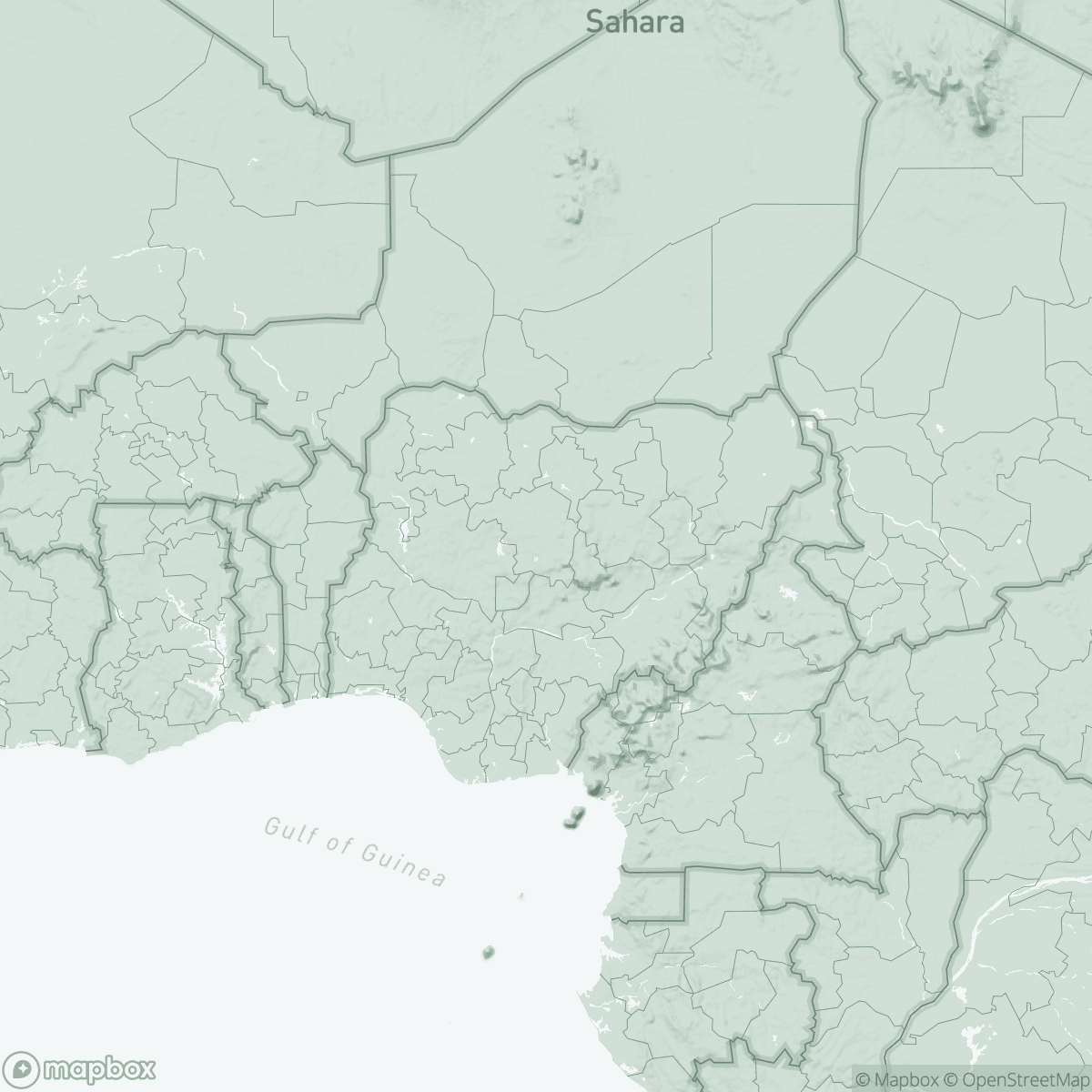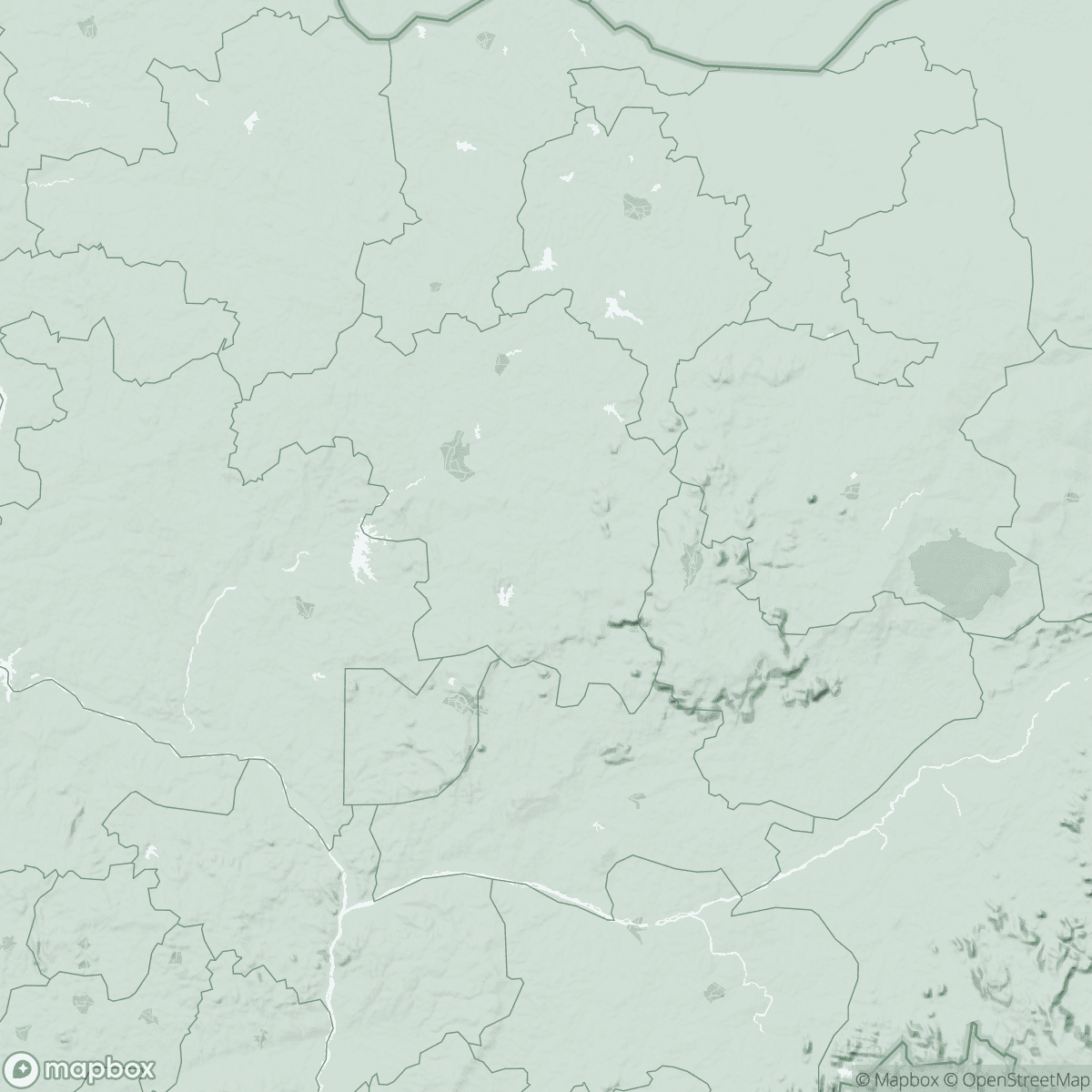
Recipes for Life: How Cooking Classes Help Reduce Child Malnutrition in Northern Nigeria
In 1 click, help us spread this information :
Since April 2024, MSF-supported healthcare facilities in North-West and North-East Nigeria are recording unprecedented surges in admissions for acute malnutrition among children. While struggling to provide life-saving medical care to an ever-increasing number of young patients, MSF teams also try to reinforce community-led responses. One example is in Kebbi state, where MSF outreach teams travel the roads to spread the “Tom Brown” recipe.
Like all other states in the northern part of Nigeria, Kebbi state experienced a colossal spike in malnutrition cases this year. In May, close to 1,000 children were admitted for severe malnutrition in the inpatient therapeutic feeding centre (ITFC) set up by MSF in the Maiyama Hospital – an 80% increase compared to the same period last year. The trend continued in June and July, with more than 260 patients admitted in the second week of July. The 210-bed facility is so overwhelmed that patients regularly must share beds.
In addition to this intensive treatment facility, more than 11,000 children were enrolled mid-July in the outpatient nutrition treatment programme supported by MSF in five smaller health centres in Kebbi state.
The level of this crisis that calls for big efforts in prevention activities”, says Maryam Muhammad, head of the MSF health promotion team in Kebbi. “That is why we also run outreach activities at community-level, to help parents in avoiding the worst for their children.”
A local solution against malnutrition
Four days a week, Maryam and her team hit the long roads of Kebbi, travelling from community to community, their car packed with tables, saucepans, pots, spoons, and recycled soda bottles filled to the brim with soya beans, sorghum, moringa leaves, palm oil and groundnuts.
“That’s all we need to make ‘Tom Brown’ demonstrations” she says while on the way to Maishaika, a village located 40 kilometres from MSF’s inpatient feeding centre. “This, and some catchy songs to make sure the recipe remains in everyone’s head.”
Stemming from a traditional Nigerian recipe known as ‘Kwash pap’, Tom Brown is a flour blend consumed as a sweetened porridge. The meal is made with nutritious ingredients that are cultivated in northern Nigeria and available in local markets. The recipe has been improved over the years by nutritionists to become a useful and very efficient tool in the prevention and treatment of moderate malnutrition. Studies conducted in Nigeria in 2022 and 20231 showed positive results in the use of recipe for children with moderate acute malnutrition (MAM), with Tom Brown potentially able reach more children for the same cost as ready-to-use therapeutic food such as peanut paste.
Training mothers and fathers
After a 35-minute ride, the jeep pulls into Maishaika. Maryam and her teammates make their way to the village elder to greet him and confirm his approval for today’s demonstration.
A few minutes later, the crew sets into motion. Tables, chairs and ingredients are unpacked and installed. Volunteers go from home to home to call on villagers. In a flash, the small village square transforms itself into a market stall and a hundred women covered with colourful scarves rapidly gather on chairs and on the ground to see what’s happening.
Maryam, active as a health promoter for more than 15 years, knows how to catch and keep their attention. Full of energy, with a booming voice and a spoon in her hand, she starts explaining what acute malnutrition is and what they, mothers and grandmothers, can do to fight it.
Maryam, active dans la promotion de la santé depuis plus de 15 ans, sait comment capter et garder l’attention du public. Débordante d'énergie, la voix tonitruante et une cuillère à la main, elle commence par expliquer ce qu'est la malnutrition et ce qu'elles, mères et grands-mères, peuvent faire pour la combattre.
Rapidly, she puts words into action and calls on a woman from the audience to start preparing with her what will help keeping acute malnutrition at bay: Tom Brown. In Kebbi, the recipe is based on a simple ratio: 6 measures of sorghum or millet, 3 measures of soybeans and 1 measure of ground nuts. After a precise process of soaking, cleaning, drying and roasting, the ingredients are mixed for finer grounding into a powder. The powder is then mixed with clean water, poured into boiling water, and the resultant porridge is cooked over a fire for a few minutes.
Based on market availability, preferences and what the family can afford, additional elements such as palm oil, moringa leaves, cow milk or meat can be added to provide extra energy and nutrients to the child. But with families facing rampant inflation – the highest in the three last decades2 – and a continuous increase in the price of food items over the past months, adding additional ingredients look like a luxury that many cannot afford in Kebbi.
The way to prepare the recipe is sung on repeat, and cups are handed over to children to taste-test the pap. Women are laughing and smiling. A few metres away, the village elder looks upon the event with curiosity. He is the only man from the village watching the demonstration.
The men will have a dedicated session on another day. For cultural reasons, we must separate the sessions,” says Maryam. “But having them on board is key as they are the ones who supply the family [with food]. In the beginning, some were worried about the kind of message that would be spread during the sessions with the women and told their wives not to come. So, we decided to have dedicated father-led sessions to show what we do and what we say. This helped a lot and now, men are showing real interest in such sessions.”
Recipes for life
After an hour of demonstration with the women, Maryam and her team pack their items up and call on all the mothers to stay there to have their children screened for acute malnutrition through a rapid check using the mid-upper arm circumference measuring tape known as a MUAC bracelet. Among the 28 children screened on that day, more than a third of them are referred to MSF’s therapeutic nutrition programme.
This kind of cooking demonstration is crucial because people understand that they can prevent their children from becoming acutely malnourished rather than bringing them to a facility to treat them”, she says before jumping into the jeep. “Prevention will always be better than cure. MSF will not remain here forever, so sustainable approaches are needed to reduce severe malnutrition. And we know that the people we train today will pass the recipe to others.”
Between January and May 2024, Maryam and the health promotion team organised 554 demonstrations around Kebbi. More than 13,300 people attended these events, including 1,461 men.
But these efforts, as important as they are, remain a drop in the ocean compared to the needs in this state and all the other ones in the northern belt of Nigeria. More must be done by the authorities and their partners to tackle malnutrition. Promoting adequate infant feeding is core to addressing malnutrition alongside reinforcing access to healthcare, and food security. According to recent statistics, nearly 4.4 million children under five were suffering from acute malnutrition between May 2023 and April 2024 in North-East and North-West Nigeria.








